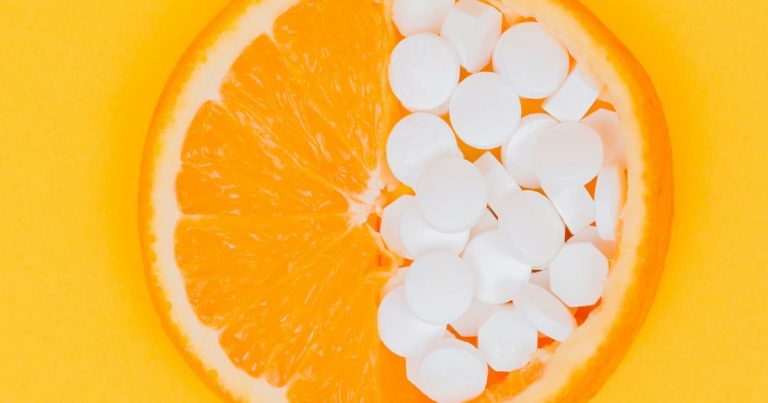No matter the age, job or life we are living – we all need vitamins. But firstly we need to understand how they work, what every vitamin does and what happens if we are lacking one.
Before we start, we highly recommend to choose your vitamins via consult with a healthcare professional before taking any supplements, specially if you have any health condition.
Different approaches

There are many different ways how to get healthier and have those most necessary vitamins. There is no right one but there are some which you might prefer :
- Diet: Eating a balanced and varied diet that includes a variety of fruits, vegetables, whole grains, lean proteins ;
- Supplements: Vitamin supplements can be a convenient way to ensure that you are getting the recommended daily intake of vitamins ;
- Fortified Foods: Some foods, such as cereal, bread, and milk, are fortified with vitamins and minerals ;
- Go out in the sun : Vitamin D is essential for strong bones
- IV Therapy: Vitamin infusion therapy is an option to get high doses of vitamins directly into the bloodstream to treat deficiencies or other medical conditions.
Vitamin A
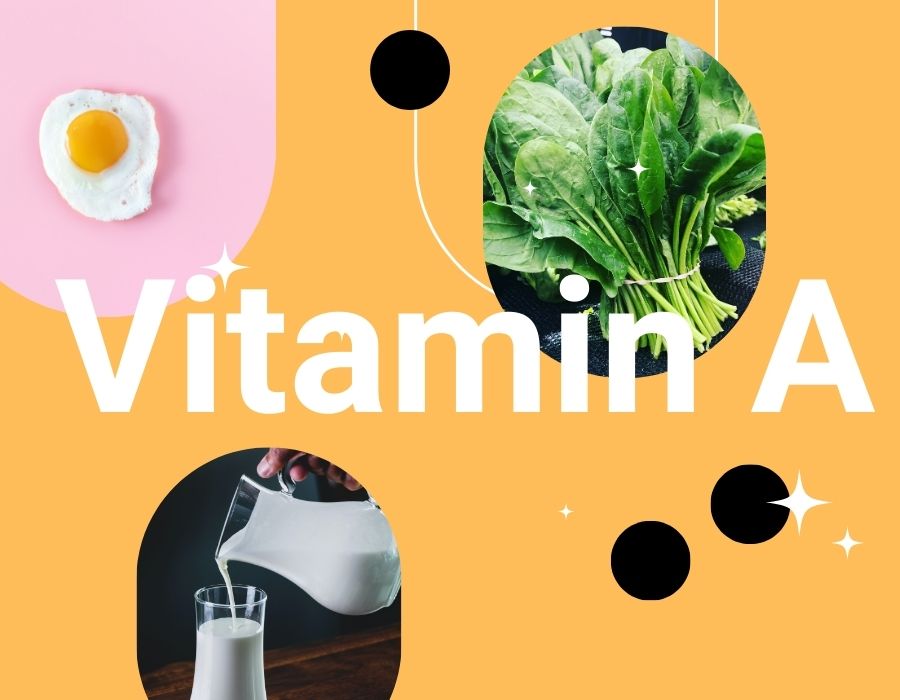
Vitamin A is a group of fat-soluble compound. This vitamin is very important for maintaining healthy vision, the immune system, and reproduction. It also plays a role in maintaining healthy skin, teeth, and bones. You can find it in foods such as liver, egg yolks, milk, and certain fruits and vegetables, such as carrots and spinach.
A deficiency in vitamin A can lead to problems with vision, and a weakened immune system. Different companies also use vitamin A in certain skin treatment and skincare products.
It is worth of reminding that too much is never a good idea if we are talking about vitamins. It is possible to take too much vitamin A so be careful. Taking high doses of vitamin A over a long period of time can be harmful.
Vitamin B
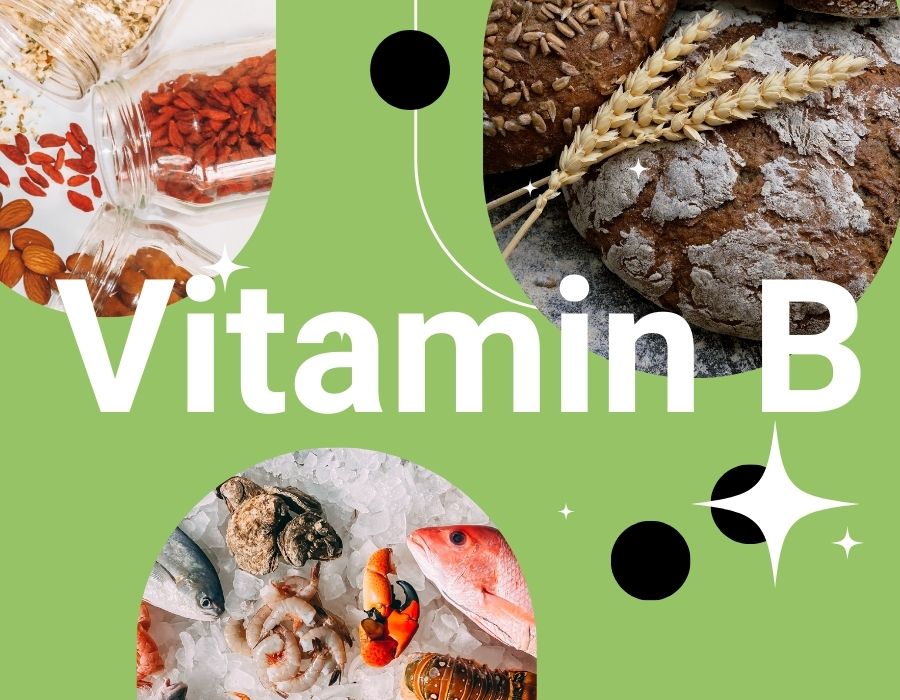
Vitamin B refers to a group of essential water-soluble vitamins that play important roles in energy metabolism, cognitive function, and overall health. The Vitamin B complex includes B1 , B2 , B3 , B5 , B6 , B7, B9, and B12 . Each of these vitamins has specific functions, but they also work together to support various bodily processes, per example :
- B1 vitamin, also known as thiamine, is a B-complex vitamin that plays a critical role in energy metabolism and the function of the nervous system ;
- B2 Vitamin also known as riboflavin is a B-complex vitamin that participates in metabolism and the maintenance of healthy skin, hair, and nails ;
- Vitamin B3, also known as niacin, is an essential nutrient that helps the body convert food into energy. It is also important for maintaining healthy skin, nerves, and digestion ;
- Vitamin B5, also known as pantothenic acid, is a water-soluble vitamin that is important for the metabolism of carbohydrates, proteins, and fats. It plays a crucial role in the production of energy by helping the body to convert food into glucose ;
- Vitamin B6, also known as pyridoxine, is a water-soluble vitamin that plays an important role in many bodily functions. It involves in the metabolism of amino acids, the production of red blood cells ;
- Vitamin B7, also known as biotin, is a water-soluble vitamin that is essential for the metabolism of carbohydrates, fats, and amino acids. It plays a key role in the maintenance of healthy skin and hair, and the formation of fatty acids.
- Vitamin B9, also known as folate or folic acid, is a water-soluble vitamin that plays an important role in many bodily functions. It is essential for the synthesis of DNA, and the proper functioning of the nervous system;
- Vitamin B12, also known as cobalamin, is a water-soluble vitamin that is essential for the proper functioning of the nervous system.
Deficiencies in specific B vitamins can cause a range of health problems, including anemia, dermatitis, and neurological disorders. Many foods are good sources of B vitamins, including meats, leafy green vegetables, fruits, nuts, and whole grains. You can add B-vitamins to different foods, such as cereal and bread, in a process called fortification.
Vitamin C

We all know that vitamin C is our ”go to” when feeling unwell. Vitamin C is an ascorbic acid. A water-soluble vitamin that is essential for our health. It plays important roles in the growth and repair of tissues in all parts of the body. It is also an antioxidant, which means it helps protect cells from damage caused by free radicals.
One can find vitamin C in a variety of fruits and vegetables, such as oranges, limes, berries, melons, and tropical fruits, as well as peppers, spinach, and broccoli.
Vitamin D

Vitamin D is a fat-soluble vitamin that is essential for human health. It plays a critical role in the regulation of metabolism, which is important for the maintenance of healthy bones and teeth.
Vitamin D also supports the immune system. Our body produces vitamin D when we expose our skin to ultraviolet (UV) rays from the sun. This is why we are naming vitamin D as the “sunshine vitamin.”
Food sources of vitamin D include fatty fish, such as salmon, mackerel, and tuna, as well as egg yolks, and beef liver.
Vitamin E
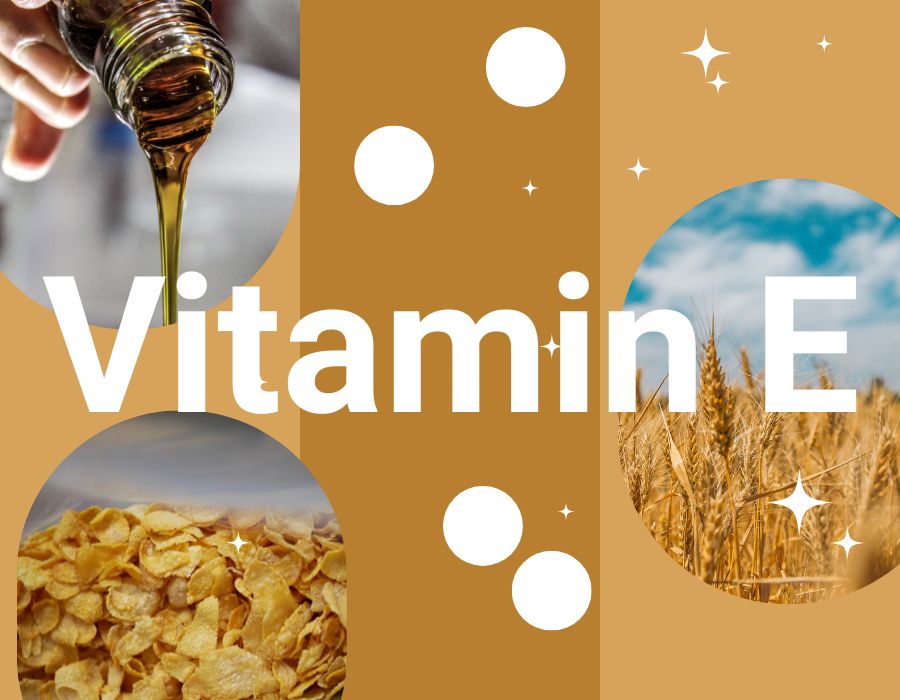
Vitamin E is a fat-soluble vitamin that acts as an antioxidant in the body, protecting cells from damage caused by free radicals. It is also important for maintaining healthy skin and eyes, and for supporting the immune system.
It is present in many foods, including vegetable oils, nuts, seeds, and leafy green vegetables. Some fortified foods also include vitamin E, such as breakfast cereals and margarine.
Vitamin K
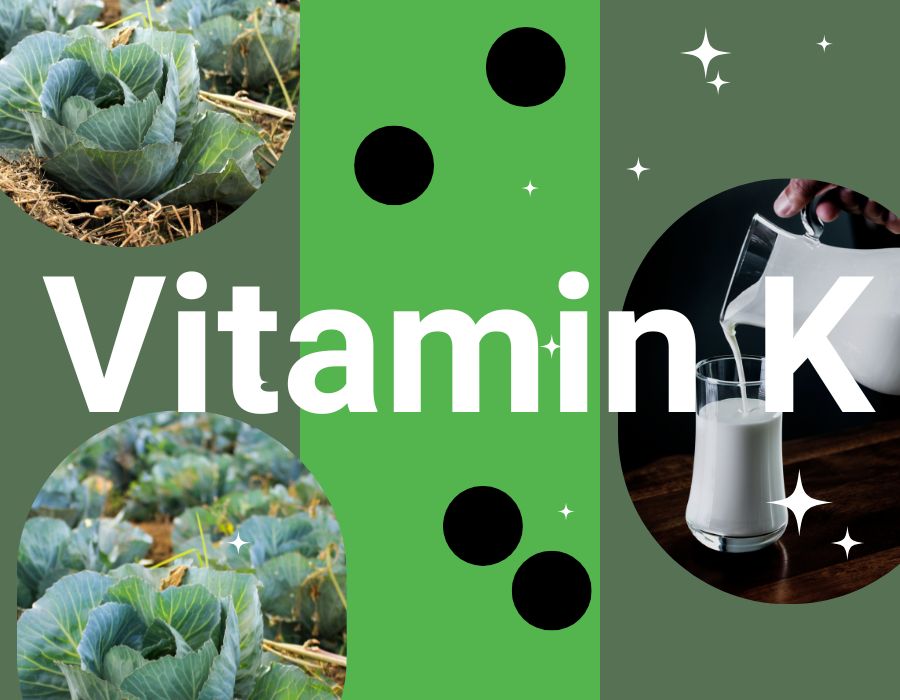
Vitamin K is a group of fat-soluble vitamins that the human body needs for the synthesis of certain proteins. It also supports bone health by helping the body transport calcium to the bones.
We recommend to get vitamin K from natural sources, such as leafy greens, broccoli, and Brussels sprouts, rather than supplements.
Vitamin packed foods
All this information can make a head turn, so to avoid that Harvard Health Publishing have gathered information about The best foods for vitamins and minerals. There you will be able find all the best vitamins in every food group.
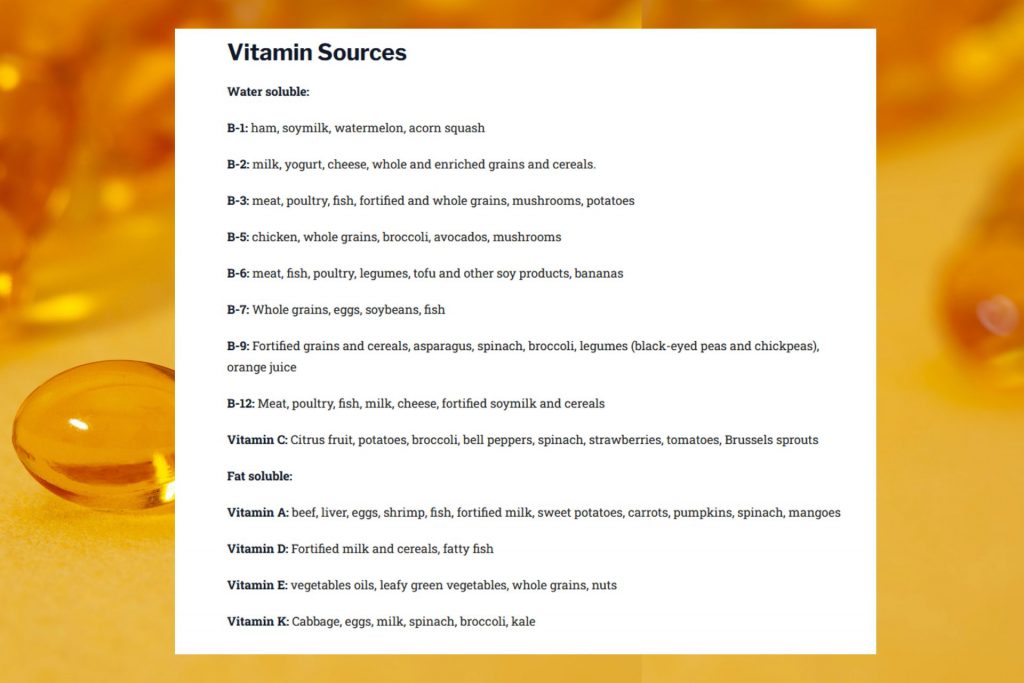
We hope you enjoyed this article. If you are interested in more health related content, we suggest you our article Tasty and healthy water recipes.
